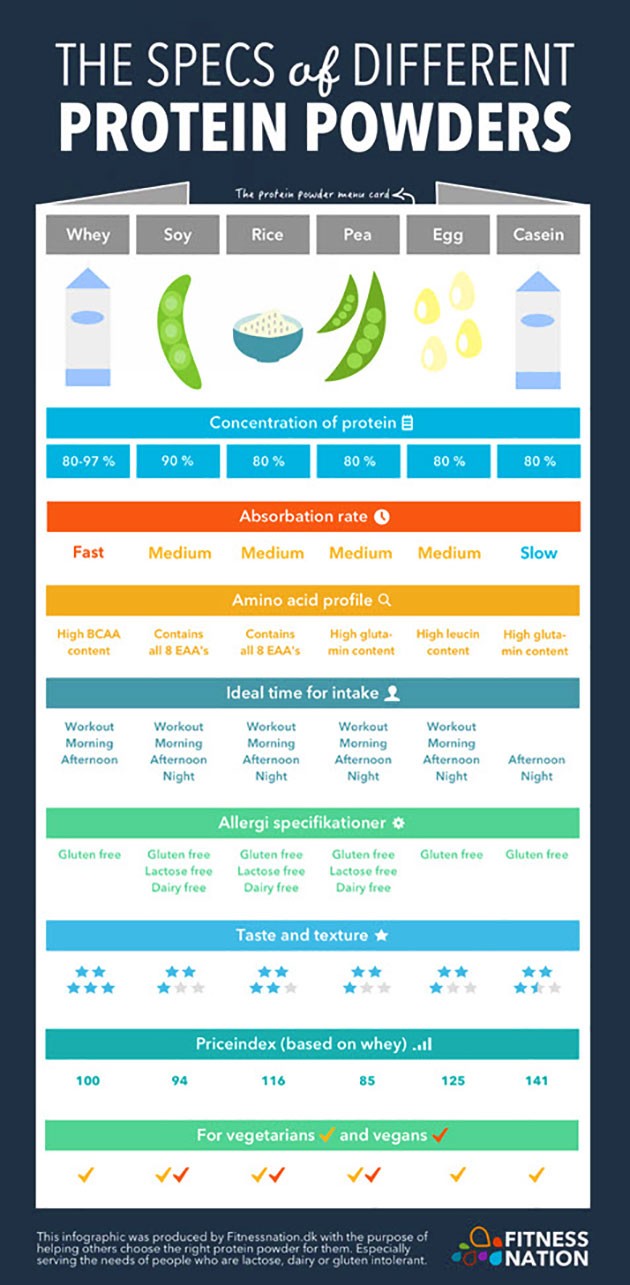A review of existing studies reveals that the consumption of protein supplements together with meals could be better for the promotion of weight control than the consumption of supplements in-between meals after a resistance exercise training routine.[1]
It’s well known that the consumption of dietary protein soon before or after resistance exercise influences a positive net protein balance throughout post-exercise recovery. Powdered, ready-to-drink and solid types of protein supplements are marketed for different results such as weight management, weight loss and weight gain. But the suggested timing of protein consumption varies for each result. Protein supplements developed for enhancing weight gain or supporting weight stability are promoted for consuming between meals. Protein supplementation either with a meal or as a meal replacement are usually recommended to consume for promoting weight loss.
The between meal consumption of protein supplements could reduce compensatory eating patterns, and thus increase energy intake and body weight. On the other hand, individuals partaking in a resistance exercise training routine and who consume protein supplements twice a day together with meals could compensate for protein supplementation by reducing their choice of diet. For that reason, protein supplement consumption timing could be of particular importance according to the desired body composition and body weight result.
The researchers identified which existing studies support protein supplement consumption between meals, vs. with meals, for changing body composition in individuals who participate in resistance exercise training routines.
Researchers assessed 34 studies consisting of 59 intervention groups. From the group that was designated as protein supplement consumption together with meals vs. in-between meals, 56% vs. 72% had an increase in body mass, 94% vs. 90% had an increase in lean mass, 87% vs. 59% had a reduction in fat mass, and 100% vs. 84% had an increase in ratio of lean to fat mass.
With-meal protein consumption was defined as consuming a dietary protein supplement either immediately following a meal, together with a meal, or else as a meal replacement. Between-meal protein consumption was defined as consuming a protein supplement mostly either close to a workout or at another non-mealtime.
The review results provide useful information for individuals who want to consume protein supplements for promoting body mass gain or improving body composition by means of reducing fat mass. Consuming protein supplements with meals, instead of between meals, could however be a more effective strategy for improving resistance exercise training induced changes in body composition by the reduction of fat mass, which could be relevant for individuals wanting to improve lean body mass. The consumption of protein supplements in-between meals could be a more effective strategy for the increase of overall body mass.
